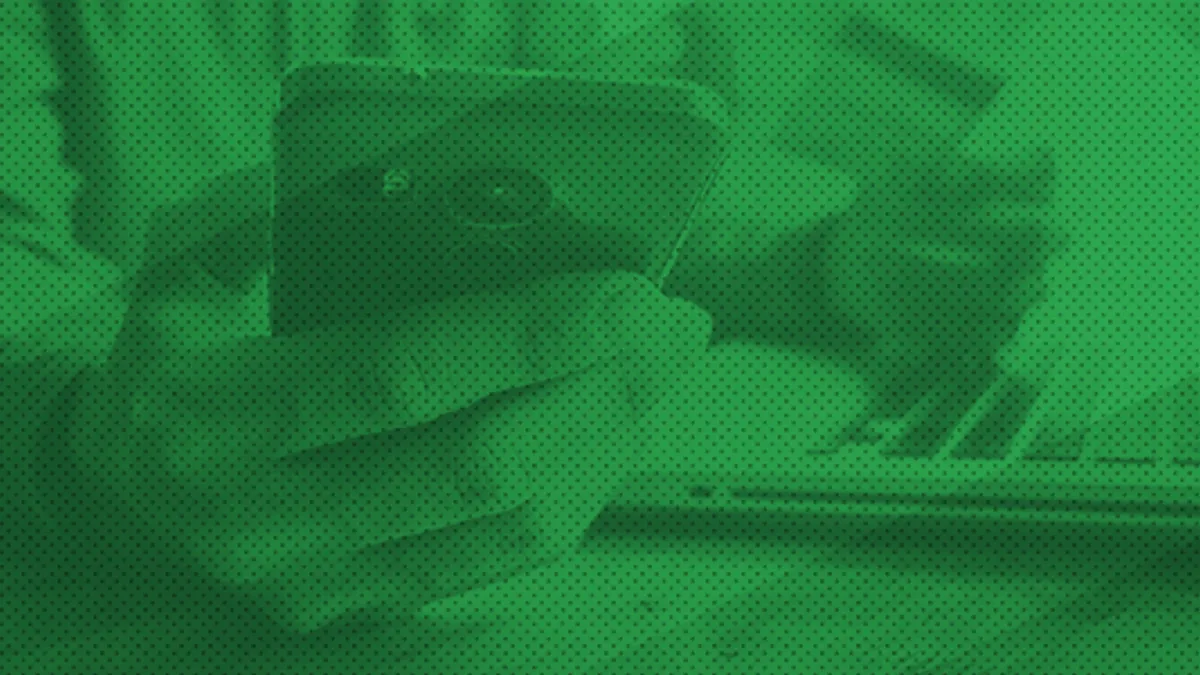Consumers who use buy now-pay later services can wind up paying a hefty price for the convenience of spreading payments for a purchase over time, according to a recent report from U.S. Public Interest Research Group.
A 26-page report released March 10 by the consumer advocate group, also known as U.S. PIRG, documents a rise in consumer complaints about BNPL, such as hidden fees and debt collection issues. While the increase may not be surprising, given BNPL's surge in popularity in recent years, U.S. PIRG questions whether policing has kept up.
"Based on the findings of this report, U.S. PIRG Education Fund is concerned that the general BNPL business model is non-transparent and may be an effort to evade existing consumer protection laws," the report said.
Moreover, U.S. PIRG argues BNPL providers are targeting younger consumers who don’t understand the industry’s business model, according to the report. As a result, they wind up buying items they can’t afford and don’t need, the nonprofit said.
"There is no such thing as a free lunch," U.S. PIRG Senior Director Ed Mierzwinski said in a March 10 press release. "Or free airline tickets. Or free appliances. But it isn’t hard to get the latter two with no money down these days with the proliferation of 'Buy Now-Pay Later' plans." Mierzwinski is part of the organization's Education Fund consumer program.
Companies that provide BNPL financing often note that the installment plans are free to the consumer if all payments are made on time. Fans of the service, like the Financial Technology Association (FTA) trade group, argue that BNPL is a lower-cost alternative to financial products like credit cards or payday loans, which may charge hefty interest rates.
"BNPL companies only succeed when people make their payments," FTA CEO Penny Lee wrote in a recent op-ed in American Banker. "If users are late, they are shut off from further use of the product and must resolve their payment plan. In contrast, credit cards and payday lenders benefit from consumers who are late or do not satisfy their payments."
Consumers made an estimated $100 billion in purchases using BNPL financing last year, four times the level of such purchases in 2020, Forbes reported, citing consulting firm Cornerstone Advisors.
Consumers took to BNPL and other electronic payments services like digital wallets during the COVID-19 pandemic when e-commerce surged, and show no signs of abandoning them.
BNPL spending will account for about $438 billion, or 5.3%, of the global e-commerce transaction value by 2025, up from 2.9%, or $157 billion, in 2021, thanks to strong demand in key markets such as North America and Europe, according to a 2022 Global Payments Report released March 2 by the Worldpay unit of Fidelity National Information Services, also known as FIS.
And it's expected to keep growing as a payment method. BNPL spending by consumers could reach $995 billion worldwide by 2026, according to a Juniper Research report relased last year.
All that activity has gotten the attention of regulators. In a letter to Consumer Financial Protection Bureau Director Rohit Chopra in December 2021, 89 consumer and civil rights groups warned BNPL products "can lead consumers into taking on unmanageable amounts of debt and lack the same dispute or refund rights that credit cards have should a consumer be unsatisfied with their purchase.”
A group of Democratic senators raised similar concerns, which led Chopra to begin an inquiry into the practices of the major BNPL firms Affirm, Afterpay, Klarna, PayPal and Zip, requiring them to provide information about their businesses. He issued the orders on December 16 with a March 1 deadline. Only Affirm and Klarna publicly acknowledged handing the paperwork in on time.











